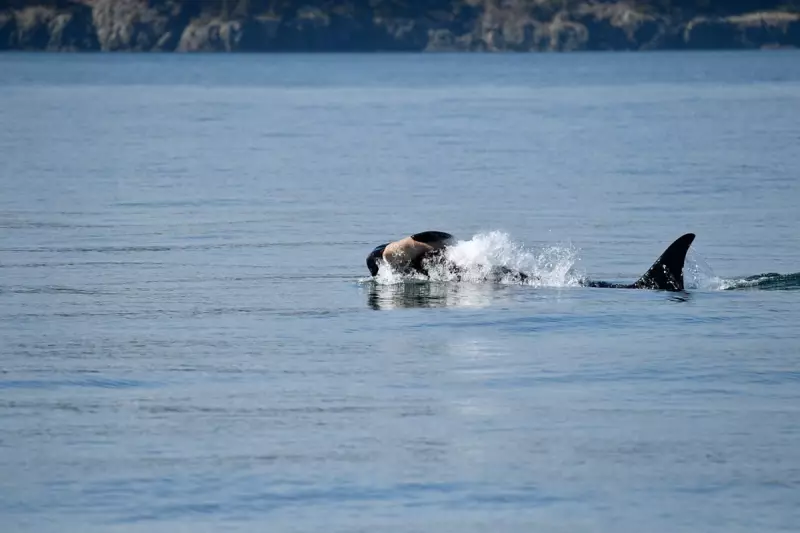
A wave of excitement has rippled through the scientific and conservation communities with the confirmed sighting of a new baby orca in the critically endangered Southern Resident killer whale population.
The young calf, designated J61, was seen swimming energetically alongside its mother, a 31-year-old whale known as J40 or Suttles, in the waters of Washington State's Puget Sound. The discovery was made by keen-eyed researchers from the Center for Whale Research during a routine survey on June 13th.
A Precious New Arrival
The newborn was observed in apparent good health, surfacing for air and keeping pace with its mother and the rest of its familial group, known as J Pod. This new addition is a vital sign of hope for a population that has been teetering on the brink of extinction, facing immense pressure from a lack of their primary food source, Chinook salmon, underwater noise pollution, and toxic contaminants.
Why This Birth is So Critical
The Southern Resident killer whales are a distinct population that frequents the coastal waters of the Pacific Northwest. Unlike their transient counterparts, they are fish-eaters and are deeply culturally and socially complex. The population is currently divided into three pods: J, K, and L.
Every successful birth is a monumental event. The population has suffered significant losses, including several reproductive-age females, making each new calf a crucial step towards recovery. The survival of this newborn in its critical first year will be closely monitored by scientists and whale advocates around the world.
This joyous event underscores the urgent and ongoing need for robust conservation efforts to protect these iconic animals and restore the salmon-rich habitat they depend on for survival.





